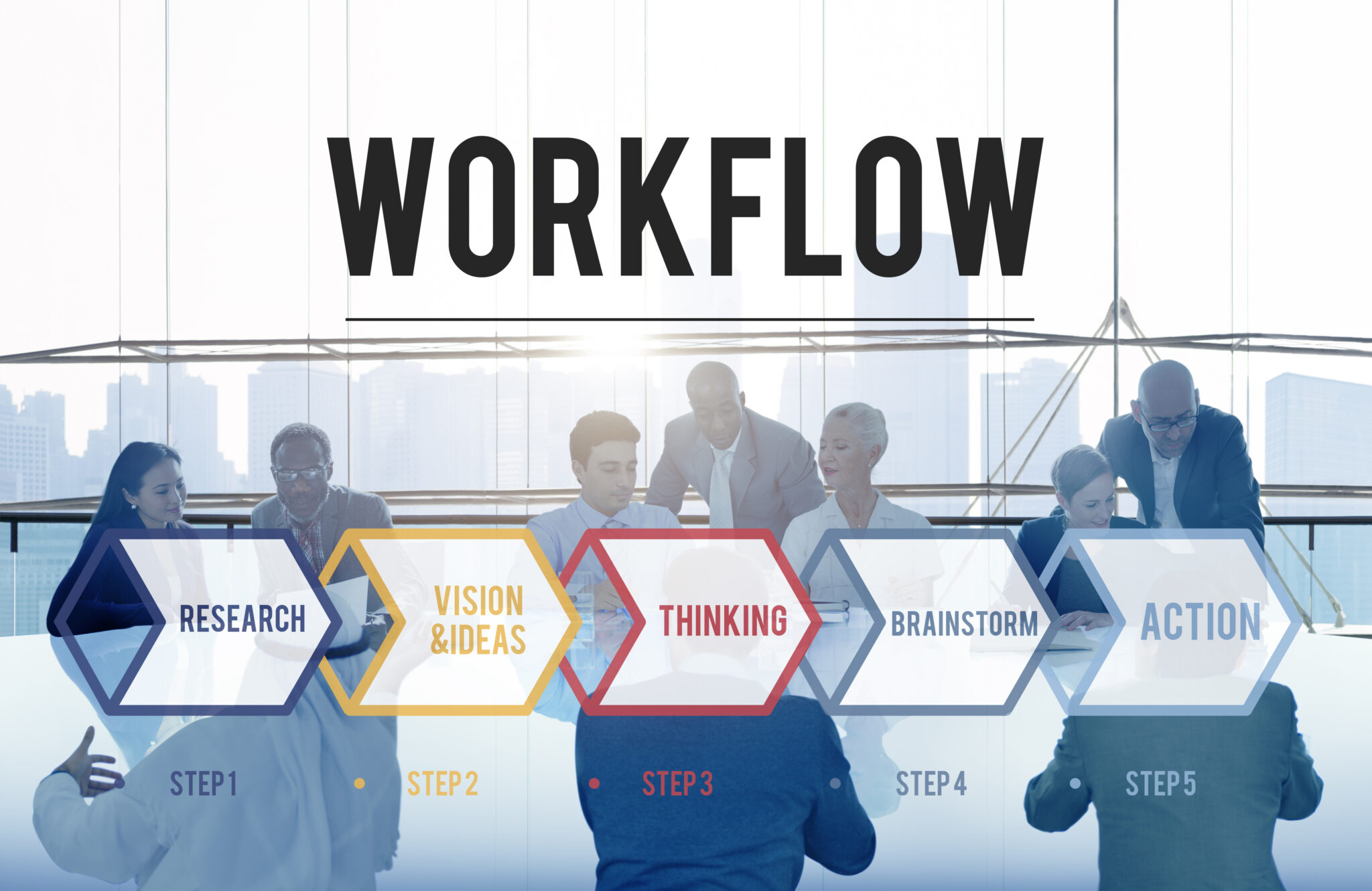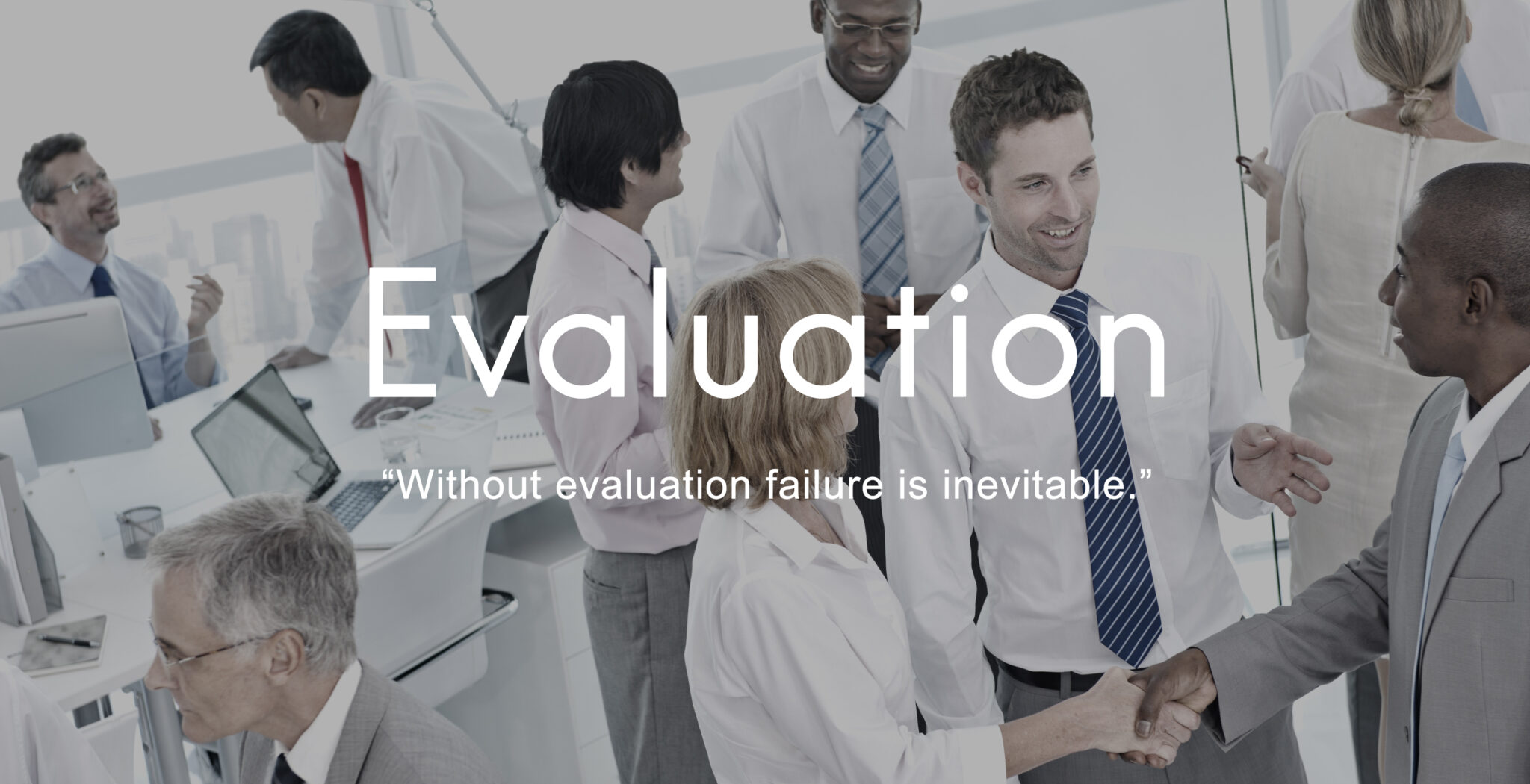
An Operational Excellence Consultant in India plays a key role in helping businesses streamline their operations and achieve optimal performance. With the ever-evolving business environment, companies are recognizing the importance of continuous improvement to stay ahead. It is a critical aspect of any successful business, ensuring streamlined processes, optimal efficiency, and sustained growth. In India, as businesses face unique challenges, achieving operational excellence becomes even more crucial. This article explores the key benefits of hiring a consultant to navigate and optimize operational processes for businesses in India. Operational excellence in India refers to the continuous improvement of processes, systems, and strategies to enhance overall efficiency and effectiveness.

Challenges in Achieving Operational Excellence
Complex Business Environments
- Indian businesses often operate in complex environments with diverse markets and regulatory scenes. Navigating through these complexities requires a strategic approach and specialized expertise.
Lack of Streamlined Processes
- Many businesses in India struggle with fragmented and inefficient processes. Streamlining these processes is essential for optimizing resources and improving overall productivity.
Technology Gaps
- Technological advancements are transforming the business landscape globally, and India is no exception. However, businesses often face challenges in adopting and integrating new technologies, resulting in significant technology gaps.
Lean Management and Lean Manufacturing:
One of the key areas where Operational Excellence Consultants outshine is in implementing lean management and lean manufacturing principles. Lean is a systematic approach to eliminate waste, enhance efficiency, and improve overall productivity. Lean Management focuses on maximizing customer value while minimizing waste in processes. A Lean Manufacturing Consultant in India works closely with organizations to implement lean practices, optimizing production processes and reducing lead times.
Process Excellence Consultant in India:
Process Excellence is another critical aspect that falls under the purview of Operational Excellence Consultants. These professionals specialize in analyzing and optimizing business processes to ensure they align with organizational goals and objectives. A Process Excellence Consultant in India employs a data-driven approach to identify bottlenecks, streamline workflows, and enhance overall process efficiency. By implementing industry best practices and methodologies, these consultants help organizations achieve operational excellence and deliver superior value to their customers.

Business Growth Strategies and Strategic Planning Services:
In the search of sustainable growth, businesses often require a well-defined strategy and a clear roadmap. This is where Business Growth Strategies and Strategic Planning Services come into play. Operational Excellence consultant in India not only focus on improving current processes but also contribute to the development of strategic plans that align with the long-term vision of the organization. They work closely with leadership teams to identify opportunities, moderate risks, and sustainable growth.
Business Consulting in Ahmedabad:
Ahmedabad, a vibrant economic hub in India, is witnessing a surge in demand for Business Consulting services. Operational Excellence Consultants in Ahmedabad are helping local businesses enhance their competitiveness and navigate the challenges of a quickly moving market. From small and medium enterprises to large corporations, businesses in Ahmedabad are recognizing the value of consulting services that focus on operational excellence and strategic growth.
The Benefits of Engaging an Operational Excellence Consultant – D&V Business Consulting:
Cost Reduction:
- Operational Excellence Consultants bring a fresh perspective to business operations, identifying areas of inefficiency and waste. By optimizing processes and eliminating unnecessary costs, organizations can achieve significant cost reductions.
Enhanced Efficiency:
- Through the implementation of Lean Management and Lean Manufacturing principles, consultants streamline workflows, reduce lead times, and improve overall operational efficiency.
Quality Improvement:
- Process Excellence Consultants focus on enhancing the quality of products and services by identifying and addressing issues in existing processes. This leads to increased customer satisfaction and loyalty.
Strategic Planning:
- Operational Excellence Consultants contribute to the development of strategic plans, ensuring that organizations have a clear roadmap for sustainable growth. This includes identifying new market opportunities, diversifying product/service offerings, and mitigating risks.
Cultural Transformation:
- Consultants work on fostering a culture of continuous improvement within the organization. This cultural transformation is essential for sustaining operational excellence in the long run.

The role of an Operational Excellence Consultant in India is multi-faceted and essential for businesses aiming to thrive in today’s competitive environment. As businesses in Ahmedabad and across India continue to evolve, the partnership with Operational Excellence Consultants becomes increasingly invaluable for achieving and sustaining operational excellence.
D&V Business Consulting, a leading consulting firm, defines itself by its commitment to optimizing business operations. Our consulting experts bring a good experience and a comprehensive understanding of the Indian business environment. It stands out with its industry expertise, a proven track record, and a collaborative approach that aligns effortlessly with the values and culture of client organizations.

FAQs: Operational Excellence Consulting Firm in India
1. What is operational excellence and how can it benefit businesses in India?
Operational excellence is a strategic and systematic approach that focuses on continuously improving business processes, enhancing productivity, and delivering high-quality products or services. It aims to eliminate waste, reduce costs, and optimize operations to achieve maximum efficiency and profitability.
2. Why should businesses in India consider hiring a lean management consultant?
Businesses in India should consider hiring a lean management consultant for several compelling reasons. Engaging a lean management consultant enables businesses to accelerate the step of improvement. These consultants have extensive experience in lean methodologies and can guide teams through a structured approach to lean implementation. This helps expedite the transformation process and ensures that the organization reaps the benefits of lean practices in a shorter timeframe.
3. How can lean manufacturing practices help businesses improve efficiency and productivity in India?
Lean manufacturing focuses on minimizing waste throughout the production process. This includes reducing defects, overproduction, waiting times, transportation, motion, and excessive processing. By eliminating these forms of waste, businesses in India can streamline their operations and create a more efficient workflow. This results in reduced lead times, improved throughput, and increased productivity.
4. What are the key steps involved in implementing operational excellence principles in an Indian organization?
Implementing operational excellence principles in an Indian organization involves several key steps:
- Set a Clear Vision: Define a clear vision and strategy for operational excellence that aligns with the organization’s goals and objectives. This should be communicated to all staffs to ensure everyone understands the direction and purpose of the initiative.
- Build Leadership Commitment: Secure commitment and involvement from top management. Leaders need to actively support and drive the operational excellence effort, demonstrating their commitment to change and develop a culture of continuous improvement.
- Develop a Roadmap: Develop a detailed roadmap outlining the steps and initiatives required to achieve operational excellence. This includes prioritizing improvement projects, setting targets, and defining key milestones. Ensure the roadmap is realistic, achievable, and flexible to changing business needs.
- Streamline Processes: Analyze and streamline existing processes to eliminate waste, reduce errors, and enhance efficiency. Apply lean management and Six Sigma principles to identify and implement process improvements. Standardize workflows, establish clear responsibilities, and use visual management techniques to make processes transparent and easily understandable.
- Implement Technology Solutions: Technology and digital tools to automate and optimize processes. This includes implementing enterprise resource planning (ERP) systems, process automation software, data analytics tools, and other technologies that facilitate data-driven decision-making and enhance efficiency.
- Continuous Improvement Culture: Short-term a culture of continuous improvement where all the staffs are encouraged and empowered to identify and address inefficiencies. Establish regular review mechanisms, such as weekly or monthly meetings, to assess progress, address challenges, and track performance against targets.
- Measure and Monitor: Establish a robust system of performance measurement. Use appropriate KPIs to monitor progress and identify areas for further improvement. Regularly review performance data, conduct audits, and implement corrective actions when necessary.
- Communicate and Celebrate Success: Regularly communicate the progress, milestones, and successes achieved as a result of operational excellence initiatives. Acknowledge and celebrate the contributions of employees and teams involved in the improvement process. This helps maintain motivation, engagement, and sustained commitment to operational excellence principles.
5. What are some effective business growth strategies that can be implemented by Indian companies to achieve sustainable growth?
There are several effective business growth strategies that Indian companies can implement to achieve sustainable growth. Some of these strategies include:
- Market Penetration: This strategy focuses on increasing market share by targeting existing markets with existing products. Companies can achieve this through aggressive marketing campaigns, competitive pricing, improving distribution channels, and enhancing customer loyalty.
- Product Development: By introducing new and innovative products or enhancing existing ones, companies can tap into new market segments and cater to evolving customer needs. This strategy requires continuous research and development efforts to stay ahead of the competition and offer differentiated products.
- Market Expansion: This strategy involves entering new geographical markets, either domestically or internationally. Expanding into untapped regions or entering emerging markets can provide significant growth opportunities. Companies may need to adapt their products, marketing strategies, and distribution networks to suit the new markets.
- Strategic Partnerships and Alliances: Collaborating with other companies or forming strategic alliances can provide access to new markets, technologies, distribution networks, or expertise. Joint ventures, partnerships, or mergers and acquisitions can help companies achieve faster growth and gain a competitive edge.
- Diversification: Companies can achieve sustainable growth by diversifying their product range or entering new business lines. This strategy involves leveraging existing capabilities, resources, and customer base to expand into related or unrelated industries. However, careful market research and analysis are essential to minimize risks associated with diversification.
- Customer Retention and Loyalty: Focusing on customer satisfaction and building strong relationships can lead to repeat business, increased customer loyalty, and positive word-of-mouth. Companies can achieve this by providing exceptional customer service, personalized experiences, loyalty programs, and continuous engagement with customers.
- Operational Efficiency and Cost Optimization: Ensuring operational excellence and optimizing costs can contribute to sustainable growth. Companies can achieve this by implementing lean manufacturing practices, streamlining processes, using technology to automate and improve efficiency, and negotiating favorable supplier agreements.
- Talent Development and Innovation: Investing in talent development and fostering a culture of innovation can drive sustainable growth. By attracting and retaining skilled employees, providing training and development opportunities, and promoting a creative and entrepreneurial mindset, companies can stay agile and adapt to changing market dynamics.
- Digital Transformation: Embracing digital technologies and leveraging data analytics, artificial intelligence, and automation can revolutionize business processes, enhance customer experiences, and unlock new growth opportunities. Companies can adopt e-commerce, digital marketing, cloud computing, and other digital tools to drive growth in the digital era.
- Sustainable Practices: Companies can differentiate themselves by adopting sustainable practices and being socially responsible. Environmental stewardship, ethical sourcing, social impact initiatives, and corporate social responsibility can attract environmentally conscious consumers and build long-term brand loyalty.
Implementing these growth strategies requires a comprehensive understanding of the market, customers, competition, and industry trends. Companies should carefully evaluate their options, develop robust business plans, and continuously monitor and adapt their strategies to achieve sustainable growth.
6. How can strategic planning services offered by a business consulting firm help Indian organizations develop a roadmap for success and overcome problems?
Strategic planning services offered by a business consulting firm can help Indian organizations develop a roadmap for success and overcome obstacles in the following ways:
- Vision and Mission Development: A business consulting firm can assist organizations in defining or refining their vision and mission statements. This process aligns the entire organization towards a common goal and provides clarity on the long-term direction.
- Situation Analysis: The consultants conduct a thorough analysis of the organization’s internal and external environment. This involves evaluating strengths, weaknesses, opportunities, and threats (SWOT analysis), analyzing market trends, competitive landscape, and customer needs. By understanding the current situation, organizations can make informed decisions and anticipate potential difficulties.
- Goal Setting and Strategy Formulation: Based on the situation analysis, a consulting firm helps organizations set realistic and measurable goals. These goals are then translated into actionable strategies and initiatives. The consultants bring their expertise and knowledge of industry best practices to assist in formulating effective strategies that align with the organization’s vision.
- Action Planning and Implementation: The management consulting firm assists in breaking down the strategies into actionable plans, defining key initiatives, assigning responsibilities, and setting timelines. They help organizations develop robust implementation plans, identify potential roadblocks, and create strategies for overcoming obstacles.
- Performance Measurement and Monitoring: The consulting firm helps organizations establish key performance indicators (KPIs) to track progress towards goals. They implement performance measurement systems and regular monitoring mechanisms to ensure that the organization stays on track and makes necessary adjustments as needed.
- Risk Management: Management consultants assess potential risks and develop risk mitigation strategies. They help organizations identify and address potential obstacles or challenges that may hinder the achievement of strategic objectives. This includes developing eventuality plans, implementing risk mitigation measures, and ensuring organizational flexibility.
- Organizational Alignment: Strategic planning services also focus on aligning the organization’s structure, processes, and resources with the strategic objectives. Business consultants assess the organizational structure, roles, and responsibilities, and recommend any necessary realignment or restructuring to optimize efficiency and support the strategic roadmap.
- Change Management: Implementing strategic initiatives often requires organizational change. The consulting firm supports organizations in managing this change effectively. They assist in developing change management plans, communication strategies, and training programs to ensure smooth adoption and acceptance of the new strategies.
- Continuous Improvement: Strategic planning services by consulting firms promote a culture of continuous improvement by embedding processes for regular review, feedback, and evaluation. This ensures that the strategic objectives remain aligned with the changing business environments and provides opportunities for making adjustments and fine-tuning strategies as needed.
By using the knowledge and experience of a business consulting firm in Ahmedabad, Indian companies can create a clear plan for success, overcome problems, and improve their chances of achieving their goals. The consultants have lots of knowledge about the industry and the best ways to do things, and they can provide a new way of thinking that helps companies deal with challenges and grow in a sustainable way.
Related Posts
Streamlining Operations in India: How an Operational Excellence Consultant Can Optimize Your Business
In the active business environments of India, companies are constantly seeking ways to enhance efficiency,…
The Role of a Business Consultant in Driving Operational Excellence
In today’s competitive business world, organizations are always looking for ways to make their work…
Operational Excellence: The Pillars of Success for Any Organization
&V Business Consulting is a leading business consulting firm that specializes in helping organizations to…
 Why Us?
Why Us?  Resources
Resources  Support
Support 











